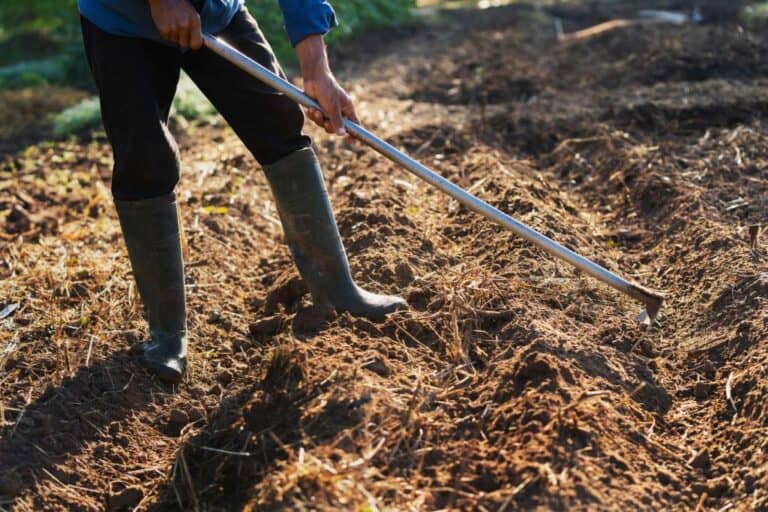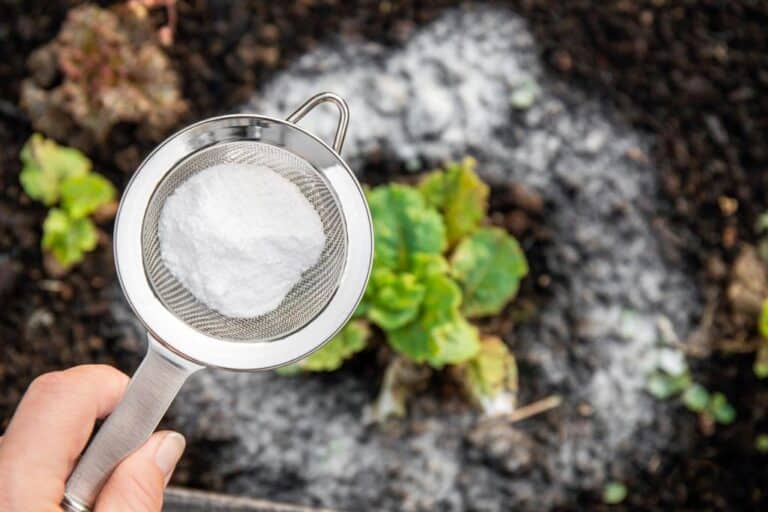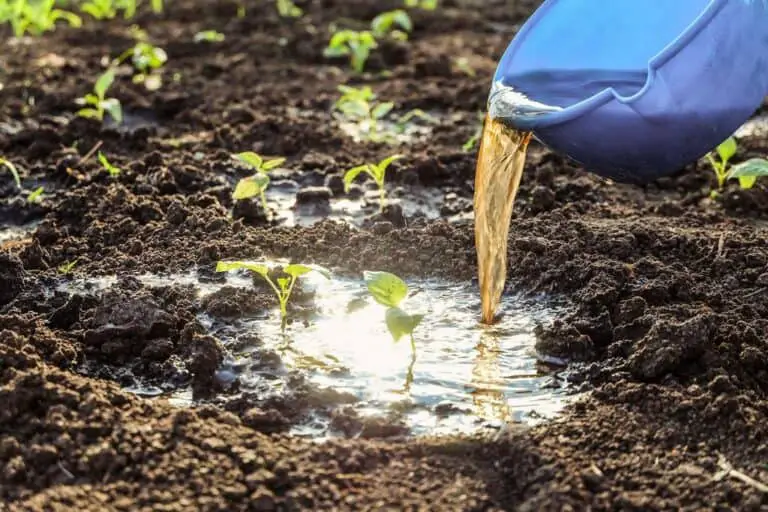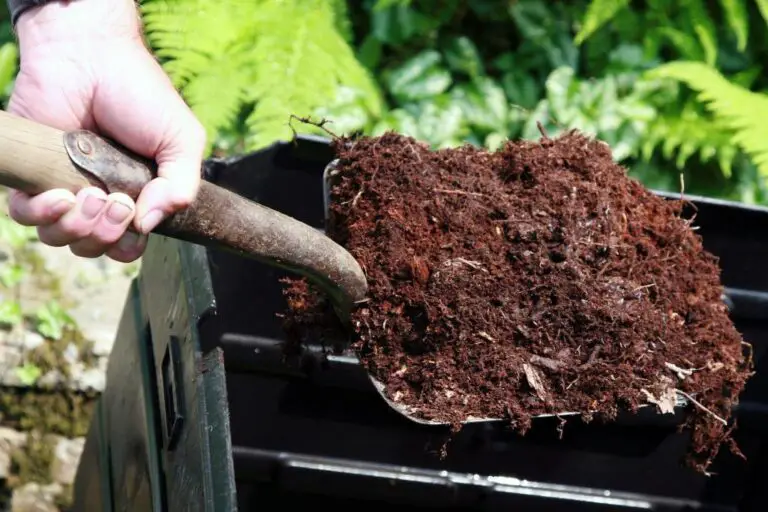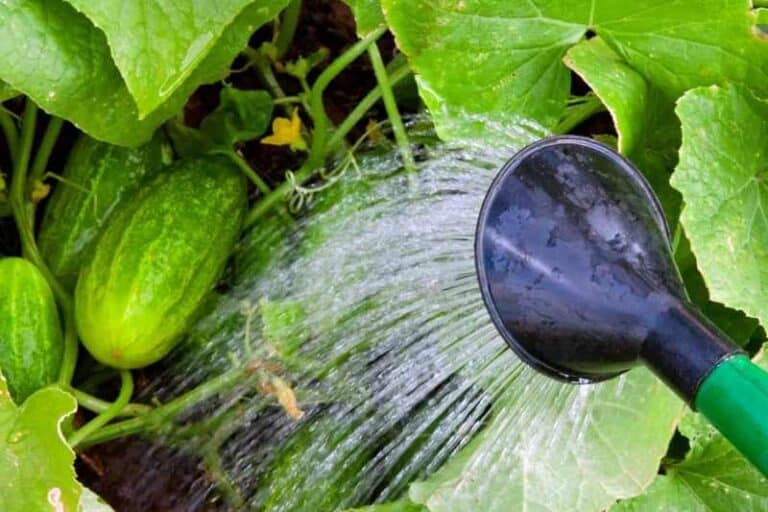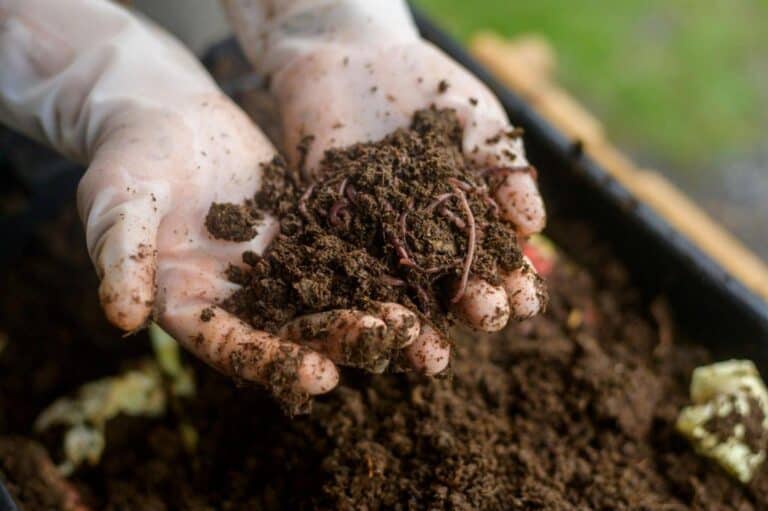Is Pulling Weeds a Waste of Time? How To Get Rid of Weeds Permanently?
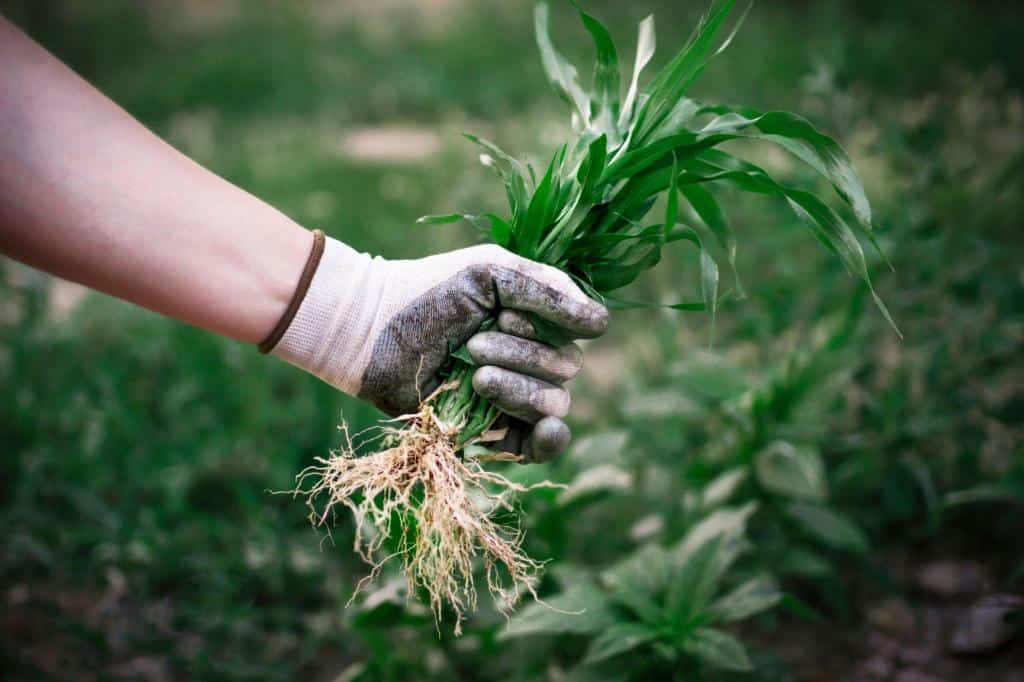
Weeds are the bane of every gardener’s existence. No matter how much time and effort you put into maintaining your garden, those pesky plants always seem to find a way to pop up and ruin your hard work.
Are you tired of spending countless hours pulling weeds from your garden, only to see them pop back up a few weeks later? It’s a common frustration for many gardeners, and you might be wondering if all that time and effort is even worth it.
But before you throw in the towel and let the weeds take over, it’s important to understand the true impact they can have on your garden.
In this article, we’ll explore the question of whether pulling weeds is a waste of time and provide some insights into why weed control is essential for a healthy and thriving garden. So grab your gardening gloves and let’s get to the root of the matter!
The Impact of Weeds on Your Garden: Why Weed Control Matters
Weeds may seem like a small inconvenience in your garden, but they can have a significant impact on your plants’ health and growth. Not only do weeds compete with your plants for nutrients, water, and sunlight, but they also create an environment for pests and diseases to thrive. This can cause damage to your plants and ultimately result in a smaller yield or a less vibrant garden.
In addition to affecting the health of your garden, weeds can also have an aesthetic impact. Weeds can quickly overtake your garden, making it look unkempt and unsightly. This can be especially frustrating for gardeners who have put in a lot of time and effort into their garden.
Weed control is therefore essential for maintaining a healthy and beautiful garden. By taking steps to control weeds, you can prevent damage to your plants, improve the overall appearance of your garden, and save yourself time and effort in the long run.
There are several effective methods of weed control, including pulling weeds by hand, using organic solutions like mulch or vinegar, or using chemical herbicides. The best approach will depend on the type of weeds you are dealing with and the size and type of your garden.
The Pros and Cons of Pulling Weeds: Is It a Waste of Time?
Weeding is a task that every gardener must face, but it can often feel like a never-ending battle. Pulling weeds by hand is a common method used to remove unwanted plants from your garden, but is it worth the time and effort?
Pulling weeds can have both pros and cons, and whether or not it’s worth your time depends on a variety of factors. Here are some pros and cons to consider:
Pros:
- Improves the look of your lawn or garden: Weeds can make your lawn or garden look unsightly, and pulling them can improve its appearance.
- Prevents weed growth: By removing weeds before they have a chance to go to seed, you can prevent them from spreading and taking over your lawn or garden.
- Promotes plant growth: When weeds are removed, plants have more space, nutrients, and water to grow, which can lead to healthier plants.
- Good exercise: Pulling weeds can be a good form of exercise and can help you burn calories while working in your yard or garden.
Cons:
- Time-consuming: Pulling weeds can be time-consuming, especially if you have a large lawn or garden.
- Can be difficult: Some weeds have deep roots, and it can be challenging to remove them entirely.
- Temporary solution: Pulling weeds is a temporary solution, and they may grow back if the underlying issues causing weed growth are not addressed.
- Can damage plants: If you are not careful when pulling weeds, you may accidentally damage nearby plants or their roots.
Whether or not pulling weeds is worth your time depends on the size of your lawn or garden, your ability to handle the physical demands of pulling weeds, and your overall goals for your outdoor space.
If you have a small garden and enjoy the physical activity, pulling weeds may be a good option. However, if you have a large lawn or garden, it may be more efficient to use herbicides or hire a professional landscaper to handle the task. You must also consider the weather and condition when doing so, because pulling weeds wet or dry are two different circumstances that need different effort.
Understanding Weed Types and Growth Patterns
Weed control begins with an understanding of weed types and growth patterns. This knowledge can help you identify the weeds in your garden and determine the most effective way to deal with them.
There are many different types of weeds, and they all have different growth patterns, making identification crucial for successful weed control.
- Annual weeds are one of the most common types of weeds in gardens. They germinate and grow quickly, producing seeds within a year. These types of weeds can spread rapidly and compete aggressively with your plants for resources.
- Perennial weeds, on the other hand, have a longer lifespan and can be more challenging to control. These weeds typically grow from roots, or rhizomes, and can resprout even after being cut down. This means that even if you pull them out, they may grow back.
Understanding the growth patterns of weeds is also essential for effective control. Some weeds, like dandelions, have a taproot that extends deep into the soil. Pulling these types of weeds out can be difficult, and if the root is not entirely removed, they can regrow. Other weeds, like clover, are easy to pull out by hand because they have a shallow root system.
In addition to understanding weed types and growth patterns, it’s also essential to know when and where weeds are most likely to grow. Weeds thrive in areas with bare soil or thin grass cover, so keeping your garden well-mulched or planting ground cover plants can help prevent weed growth. Weeds also tend to grow in areas with nutrient-rich soil, so soil testing and amending can also be effective strategies.
Natural Weed Control Methods
Chemical herbicides can be useful for getting rid of weeds, but they can also hurt wildlife and insects that are good for the environment. Fortunately, there are many natural weed control methods that can help keep your garden healthy without relying on harsh chemicals.
1. Organic Mulch
One of the most effective natural weed control methods is using organic mulch. Mulch helps suppress weed growth by blocking sunlight and reducing soil moisture. Mulch also helps retain soil moisture, which can be beneficial for your plants. Popular types of organic mulch include shredded leaves, straw, and grass clippings.
2. Hand Pulling
Another natural weed control method is hand-pulling. While it can be time-consuming, pulling weeds by hand can be an effective way to control weeds in smaller areas or around delicate plants. Be sure to pull the weeds out by the root to prevent regrowth.
3. Cover Crops
Cover crops can also help control weeds by competing with them for resources. Cover crops, like clover or rye, can be planted in between rows of crops or in empty garden beds. They can also help improve soil health by adding nutrients and organic matter.
4. Vinegar
Vinegar can also be an effective natural weed killer. When applied directly to the leaves of weeds, vinegar can cause them to dry out and die. However, be cautious when using vinegar, as it can harm your plants as well. Make sure to only apply vinegar to the leaves of the weed and not to your plants.
Chemical Weed Control
Chemical weed control, or herbicides, can be a fast and effective way to get rid of weeds in your garden. However, there are pros and cons to using chemical weed control, and it’s important to follow best practices for safe use.
One of the main benefits of chemical weed control is its effectiveness. Herbicides can quickly kill weeds, allowing your plants to grow without competition for resources. This can save time and effort compared to other weed control methods. Additionally, some herbicides are designed to target specific weeds, leaving your desirable plants unharmed.
However, there are also several downsides to chemical weed control. Herbicides can be harmful to the environment, including beneficial insects and wildlife. They can also leach into groundwater or runoff into nearby streams and rivers, causing pollution. In addition, repeated use of herbicides can lead to herbicide resistance, making them less effective over time.
TIPS ![]()
To use herbicides safely and effectively, it’s important to follow best practices. Always read and follow the label instructions carefully, including wearing protective gear like gloves and a mask. Only apply herbicides on a calm day to prevent drift, and avoid applying them near bodies of water or areas with sensitive plants.
It’s also important to choose the right herbicide for the job. Some herbicides are designed for specific types of weeds or plants, so make sure to read the label carefully before purchasing. Also, you might want to think about using pre-emergent herbicides, which can stop weeds from growing in the first place.
How To Get Rid of Weeds Permanently?
Weeds are a common problem in any garden or lawn, and getting rid of them permanently can seem like an impossible task. However, with the right methods and persistence, it is possible to eliminate weeds for good.
1. Hand Pulling to the Root
One of the most effective ways to permanently get rid of weeds is to remove them manually. Hand-pulling weeds by the root can prevent them from regrowing. This can take a lot of time, especially for larger areas, but it can stop weeds from coming back. Be sure to wear gloves and pull the weeds out by the root to prevent them from growing back.
2. Weed Barrier
Another way to get rid of weeds permanently is to use a weed barrier. This is a layer of material, like plastic or landscaping fabric, that is placed on top of the soil to prevent weeds from growing. This method can be especially effective for large areas, but it can be more difficult to implement in smaller areas.
3. Herbicides
Using herbicides can also be an effective way to get rid of weeds permanently. However, it’s important to choose the right herbicide for the job and to use it safely and according to the label instructions. Some herbicides are designed to kill weeds at the root, preventing them from regrowing. Others work by preventing the seeds from germinating in the first place.
4. Prevention
In addition to these methods, prevention is key to permanently getting rid of weeds. Keeping your garden well-maintained and healthy can prevent weed growth from taking hold in the first place. This includes watering your plants properly, fertilizing regularly, and keeping your garden free of debris and dead plants.

